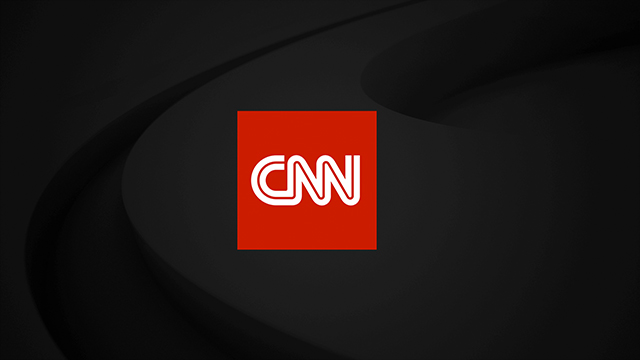Phil Mattingly discusses President Biden’s first trip to Europe

A very deliberate and concerted effort to thrust the U.S. back into a leadership role led to some tangible outcomes.
Phil Mattingly, Senior White House Correspondent, CNN
July 7, 2021
Phil Mattingly, Senior White House Correspondent, CNN, spoke to Atlantik-Brücke about the outcome of President Biden’s first trip to Europe in June 2021. The journalist was part of the press delegation that accompanied the president.
Read excerpts below and the full interview here.
Mr. Mattingly, before President Biden’s visit to Europe, he wrote in an op-ed in the Washington Post that he intended to “rally the world’s democracies” to “defend our values, which cannot be separate from our interests.” Is Joe Biden reuniting the West?
Phil Mattingly: It’s certainly President Biden’s goal – no question about that. But it’s important to recognize there are levels to the effort. Yes, in the view of White House officials I’ve spoken to, the G-7, NATO and U.S.-EU meetings were a net success – perhaps even more so than they were expecting going in. But they are also clear-eyed that given their predecessor’s view on many of those long-standing allies – and most certainly the alliances themselves – it wasn’t exactly a high bar to clear. Biden cleared it just by showing up and reiterating his support for baseline elements (think Article 5, which no U.S. president ever questioned before the previous four years.)
Based on the results of the G7-, EU-USA- and NATO Summits: What can we expect for the transatlantic relationship going forward?
Phil Matterley: I don’t mean to sound like I’m undercutting a point I made on the first question – that one trip doesn’t undo the prior four years or solidify a return to the prior relationship – but I do think this trip is a really solid model for what officials describe as what Biden’s approach will be in the years ahead. The general idea is to agree on the baselines that have been the bedrock for those alliances for decades, but seek to update them to match a more 21st century approach (there wasn’t a lot of nuance in the signing of the new Atlantic Treaty document with Prime Minister Johnson before the G-7. It was the symbolic embodiment of this approach.)
How is Joe Biden’s policy towards the United States’ allies greeted at home, after four years of a U.S. president with a decidedly antagonistic rhetoric towards Europe? How does the concern about the domestic political rift play into the Biden administration’s foreign policy?
Phil Matterley: It won’t be a surprise to anyone when I say it’s not a unified view, but overall the polling in the wake of his foreign visit has reflected solid majority support for the efforts Biden undertook. But there were certainly those who viewed Biden’s diametrically different approach to Europe as the U.S. wandering its way back into relationships that have been too one-sided (the long-stated view of Trumpism, to the degree that’s a defined approach.) That, however attractive to more populist strains domestically, is far from a majority viewpoint.




















